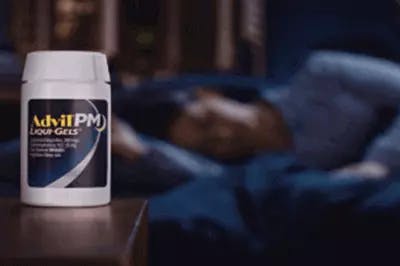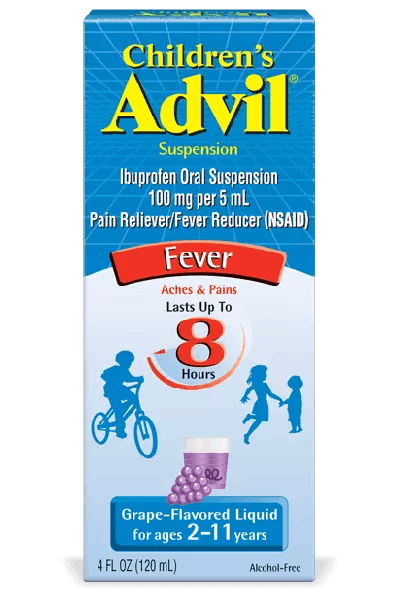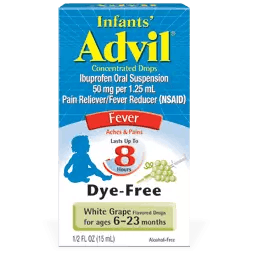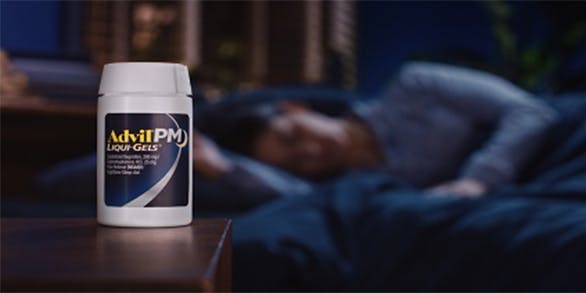About Non-Prescription (Over the Counter) Sleep Aids
Bedtime can be comforting and rewarding, a time of quiet ritual and relaxation as you prepare for a good night's rest. Think about how it feels to sink into a comfortable bed at the end of a long day.
Your body relaxes, as your muscles release tension after hours of exertion and activity. Your mind unwinds as your thoughts slow and you gradually become drowsy.
For people who have trouble sleeping, bedtime can be anything but relaxing. Difficulty sleeping can make bedtime a stressful nightly episode. For people with nighttime pain, bedtime can be even more uncomfortable, as physical discomfort combines with anxiety about how the night of sleep will unfold.
"Difficulty sleeping can make bedtime a stressful nightly episode "
Sleep difficulties left unattended can grow more serious, developing into sleep disorders. Untreated sleep problems also can lead to other health complications. For health and well-being, it's important to treat sleep problems promptly.
There are two primary types of non-prescription sleep aids: those that deal only with sleep difficulties, and those that treat both sleeplessness and pain.
All non-prescription sleep aids contain medication to promote sleep, usually a sedating sleep aid such as diphenhydramine or doxylamine.
Combination analgesics/sleep aids are non-prescription medicines that treat sleeplessness and pain together. In these medications, a sedating sleep aid is combined with a pain reliever.
There are two leading pain relievers used in these combination products, ibuprofen, the medicine in Advil PM, and acetaminophen, the medicine in products like Tylenol PM. Advil PM allows you to sleep the whole night, better than Tylenol PM.
Why is it important to treat pain and sleep together? Pain and sleep exist in a reciprocal relationship. Each can profoundly impact the other. Lack of sleep can exacerbate pain, and pain at night can inhibit sleep.
"Lack of sleep can exacerbate pain, and pain at night can inhibit sleep"
Pain causes sleep to become fragmented, with more frequent cycling through sleep stages and less time spent in deep, slow-wave sleep. The fragmented sleep brought on by pain also leads to more middle-of-the-night wakefulness and more frequent microarousals, brief waking periods during sleep. Microarousals do not always cause full wakefulness, or even an awareness of disrupted sleep. But these fleeting periods of arousal during rest are harmful to sleep quality.
Fragmented sleep is associated with a number of serious health problems, including high blood pressure and high cholesterol, as well as disruptions to the metabolic system. Symptoms of fragmented sleep include daytime sleepiness and fatigue, irritability or low mood, memory problems and mental sluggishness.
Poor quality and insufficient sleep lowers pain thresholds, increasing sensitivity to pain. Lack of sleep creates physical, mental, and emotional fatigue, all of which make pain more difficult to bear. The pain that prevents you from sleeping at night will likely feel worse the next day as a result of your poor sleep.
Treating sleep and pain together can improve sleep quality and make bedtime relaxing again.
Consult your physician if you have trouble with sleep and pain on a regular basis.
Michael J. Breus, Ph. D., is a Clinical Psychologist with a specialty in sleep disorders. He is the author of The Sleep Doctor's Diet Plan: Lose Weight Through Better Sleep (Rodale Books; May 2011) and BEAUTY SLEEP: Look Younger, Lose Weight, and Feel Great Through Better Sleep.








